Planning for Data Privacy Compliance
Sarah, a marketing director at a mid-sized e-commerce company, discovered the harsh reality of data privacy compliance during what should have been a routine quarterly review. Her team had been celebrating their highest conversion rates in company history when legal called an emergency meeting. Their European customers were dropping off dramatically, and investigation revealed their data collection practices violated GDPR requirements they thought they understood. The €20 million fine notice arrived three weeks later. Sarah's experience illustrates a critical challenge facing modern marketers: navigating the complex landscape of data privacy regulations while maintaining effective marketing operations.
The digital marketing ecosystem has fundamentally transformed as privacy regulations reshape how businesses collect, process, and utilize consumer data. What began as isolated regulatory responses to data breaches has evolved into a comprehensive global framework that demands strategic planning and operational excellence. The convergence of regulatory compliance, consumer expectations, and technological capabilities has created an environment where privacy-first marketing is not just legally required but competitively advantageous.
Research from the International Association of Privacy Professionals indicates that 89% of organizations now consider data privacy compliance a critical business priority, with global spending on privacy compliance exceeding $8.2 billion annually. This investment reflects the recognition that effective privacy planning enables sustainable growth while building consumer trust in an increasingly skeptical marketplace.
Navigating GDPR, CCPA, and Emerging Global Frameworks
The regulatory landscape for data privacy has evolved from fragmented national approaches to comprehensive frameworks that demand global compliance strategies. The General Data Protection Regulation established the foundation for modern privacy rights, emphasizing consent, transparency, and individual control over personal data. Its influence extends far beyond European borders, as organizations worldwide adopt GDPR-compliant practices to serve global audiences effectively.
The California Consumer Privacy Act introduced similar principles to the United States market, creating rights to know, delete, and opt-out of data sales. The legislation's evolution into the California Privacy Rights Act demonstrates the ongoing expansion of consumer privacy rights. These regulations share common principles while maintaining distinct requirements that demand nuanced compliance strategies.
India's Digital Personal Data Protection Act represents the latest evolution in global privacy regulation, incorporating lessons from both GDPR and CCPA while addressing unique aspects of the Indian digital economy. The legislation's emphasis on consent, data minimization, and cross-border data transfer restrictions creates additional complexity for international marketing operations.
Successful compliance requires understanding the interconnected nature of these regulations. Organizations serving global audiences must implement frameworks that satisfy the most stringent requirements while maintaining operational efficiency. This approach often involves adopting GDPR-level protections as baseline standards, then layering additional compliance measures for specific jurisdictions.
The strategic implications extend beyond legal compliance to competitive positioning. Organizations that proactively embrace privacy-first approaches often discover enhanced consumer trust, improved data quality, and more efficient marketing operations. Early adopters report 23% higher customer lifetime value and 31% improved brand perception compared to reactive compliance approaches.
Implementing Consent Layers and Zero-Party Data Strategies
The shift from implied consent to explicit permission has fundamentally altered how marketers approach data collection and utilization. Consent layers represent the operational interface between regulatory requirements and user experience, demanding careful balance between compliance and conversion optimization. Effective consent management requires understanding user behavior patterns, regulatory requirements, and technical implementation challenges.
Zero-party data emerges as the strategic solution to privacy-first marketing, enabling direct value exchange between consumers and brands. This approach transforms data collection from extractive surveillance to collaborative engagement, where consumers voluntarily share information in exchange for personalized experiences and tangible benefits. The transition requires rethinking customer touchpoints, value propositions, and engagement strategies.
Progressive profiling techniques enable gradual data collection through multiple touchpoints, reducing form abandonment while building comprehensive customer profiles. This approach respects user privacy preferences while enabling sophisticated personalization and targeting capabilities. Implementation requires coordinating across multiple channels and touchpoints to create seamless data collection experiences.
Consent preference centers provide granular control over data usage, enabling consumers to specify how their information can be utilized while maintaining marketing effectiveness. Advanced implementations use behavioral analytics to optimize consent flows, increasing opt-in rates while ensuring meaningful consent. The most effective approaches treat consent as an ongoing conversation rather than a single transaction.
The strategic value of zero-party data extends beyond compliance to competitive advantage. Organizations effectively collecting and utilizing zero-party data report 43% higher engagement rates and 37% improved conversion performance compared to traditional data collection methods. This performance improvement reflects the quality and relevance of voluntarily shared information.
Eliminating Fingerprinting and Problematic Data Practices
The elimination of device fingerprinting and questionable data management practices represents both regulatory compliance and strategic opportunity. Traditional fingerprinting techniques, while effective for tracking and attribution, create privacy risks that expose organizations to regulatory penalties and consumer backlash. The transition to privacy-first tracking requires fundamental changes in measurement and attribution methodologies.
Server-side tracking implementations provide compliant alternatives to client-side fingerprinting, enabling accurate measurement while respecting user privacy preferences. These approaches require technical sophistication and careful implementation but offer improved data quality and regulatory compliance. The investment in server-side infrastructure often yields operational benefits beyond privacy compliance.
Data management platform selection has become a critical compliance decision, as partnerships with non-compliant providers create regulatory liability and reputational risk. Organizations must evaluate DMP practices, data sources, and compliance frameworks to ensure alignment with privacy requirements. This evaluation process often reveals opportunities for improving data quality and operational efficiency.
First-party data strategies reduce reliance on third-party data sources while improving customer insights and personalization capabilities. The transition requires investment in data collection infrastructure, analytics capabilities, and customer engagement platforms. Organizations successfully implementing first-party data strategies report improved customer retention and higher marketing ROI.
The operational benefits of eliminating problematic practices extend beyond compliance to improved customer relationships and operational efficiency. Organizations that proactively address privacy concerns often discover enhanced customer trust, improved data quality, and more sustainable business models.
Case Study: Unilever's Privacy-First Transformation
Unilever's comprehensive privacy transformation illustrates the strategic value of proactive compliance planning. Faced with complex global regulatory requirements and changing consumer expectations, the company implemented a privacy-first marketing approach that transformed their customer engagement strategy.
The implementation began with comprehensive audit of data collection practices across all brands and markets, identifying privacy risks and compliance gaps. This process revealed opportunities for improving data quality while reducing regulatory exposure. The company invested in consent management platforms, zero-party data collection systems, and privacy-compliant attribution models.
The results exceeded expectations, with privacy-compliant campaigns generating 34% higher engagement rates and 28% improved conversion performance compared to previous approaches. Customer trust scores increased by 41%, and the company avoided significant regulatory penalties while competitors faced substantial fines. The transformation positioned Unilever as a privacy leader while delivering superior business results.
Conclusion
The evolution toward privacy-first marketing represents fundamental change in how organizations approach customer relationships and data utilization. Success requires strategic planning, operational excellence, and commitment to treating privacy as competitive advantage rather than regulatory burden. Organizations that embrace this transformation often discover enhanced customer trust, improved operational efficiency, and sustainable competitive advantages.
The convergence of regulatory requirements, consumer expectations, and technological capabilities creates unprecedented opportunities for organizations willing to invest in privacy-first approaches. The future belongs to organizations that view privacy compliance as strategic enabler rather than operational constraint.
Call to Action
Marketing leaders must immediately assess their privacy compliance readiness and develop comprehensive strategies for navigating evolving regulatory requirements. This includes investing in consent management technologies, developing zero-party data collection capabilities, and eliminating problematic data practices. Organizations that proactively address privacy requirements will gain significant competitive advantages while building stronger customer relationships in an increasingly privacy-conscious marketplace.
Featured Blogs
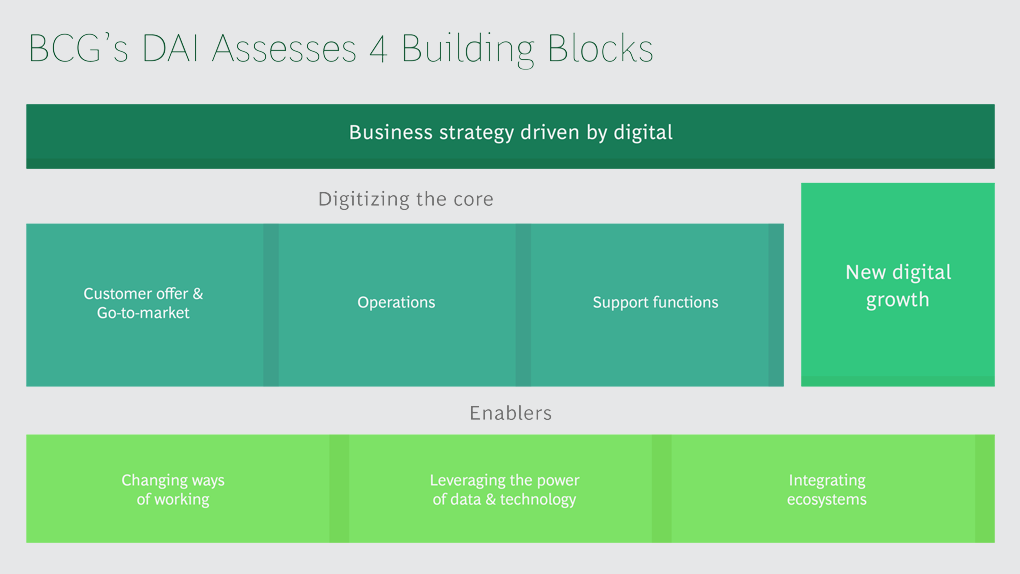
BCG Digital Acceleration Index
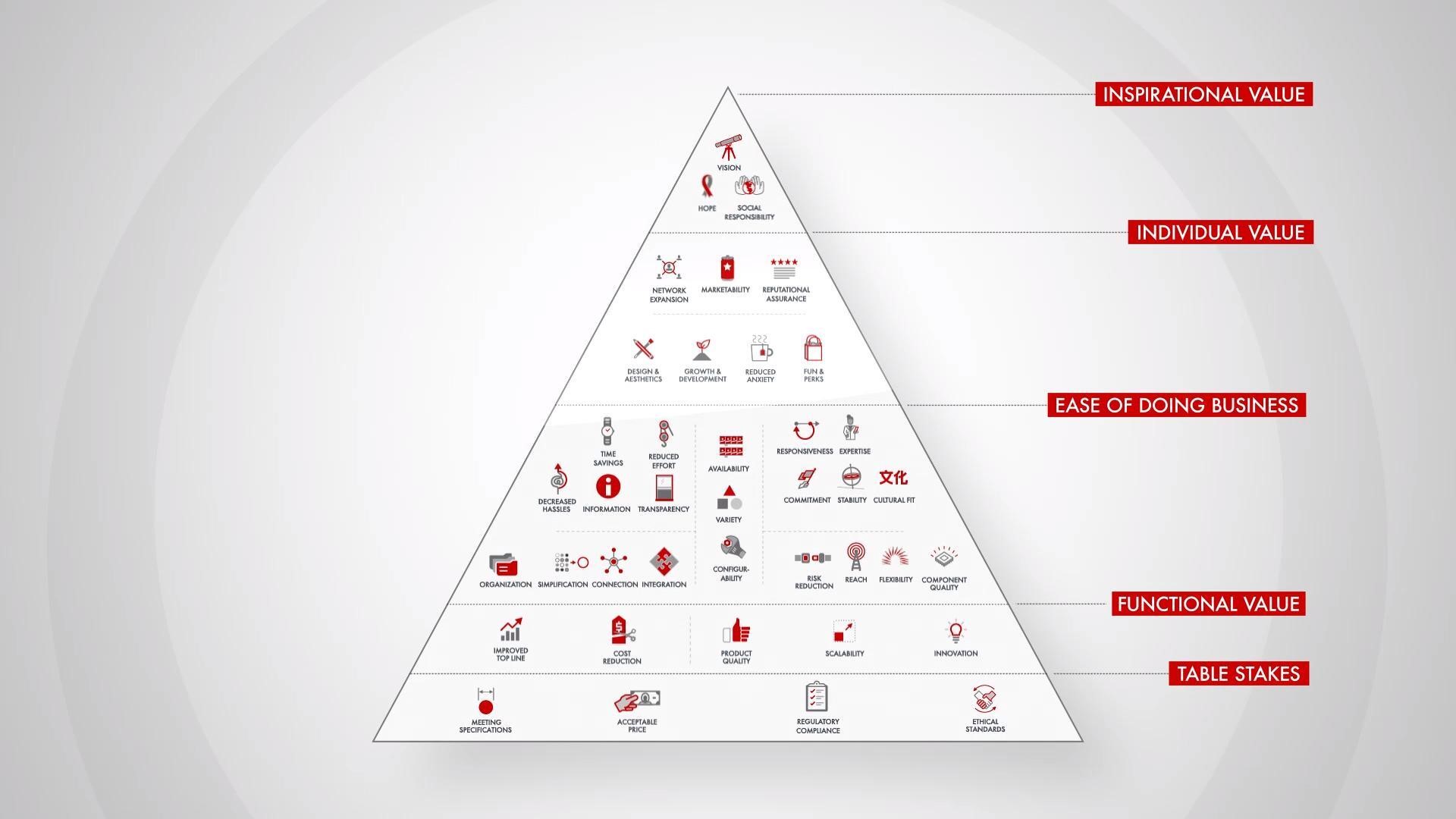
Bain’s Elements of Value Framework
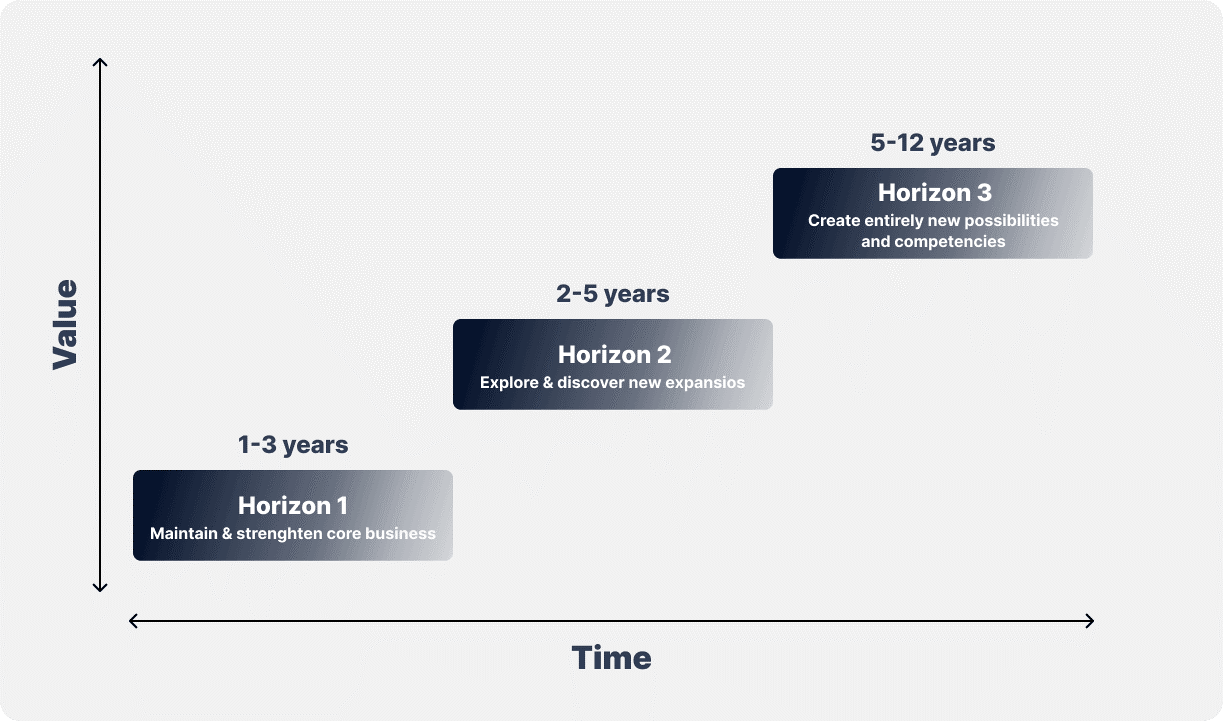
McKinsey Growth Pyramid
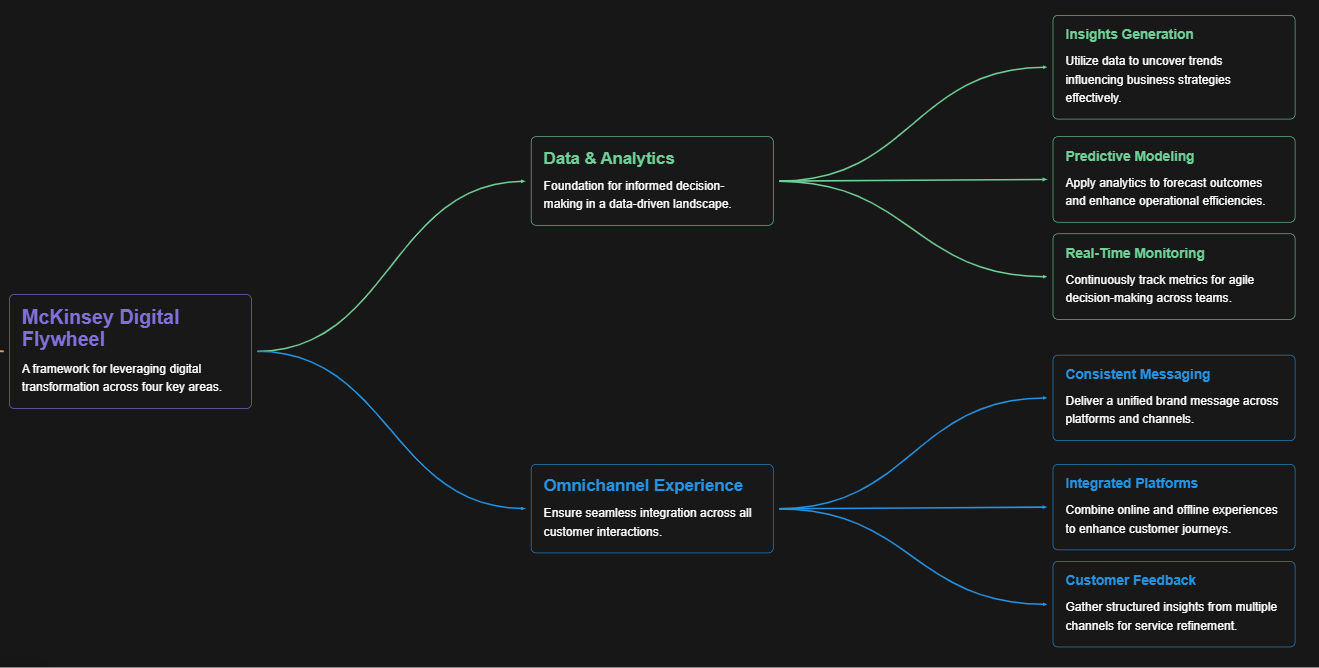
McKinsey Digital Flywheel
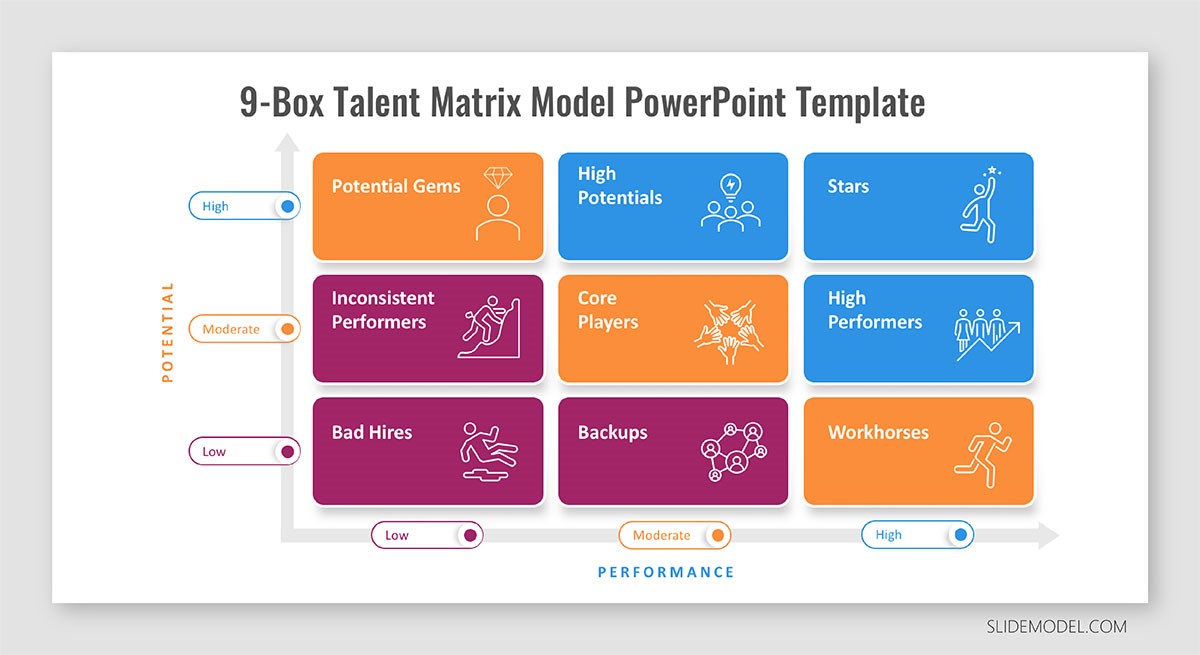
McKinsey 9-Box Talent Matrix
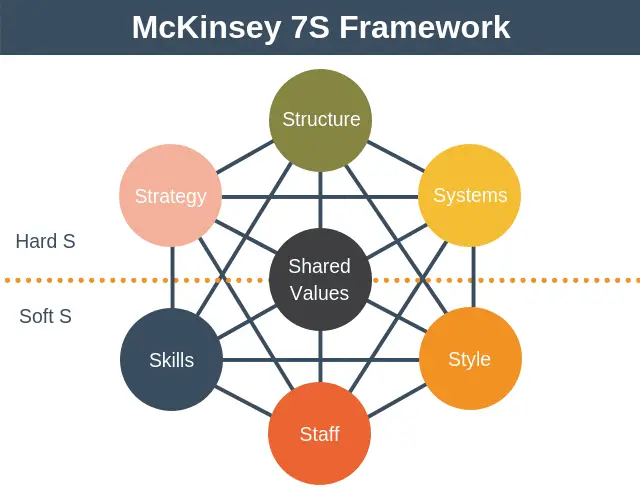
McKinsey 7S Framework
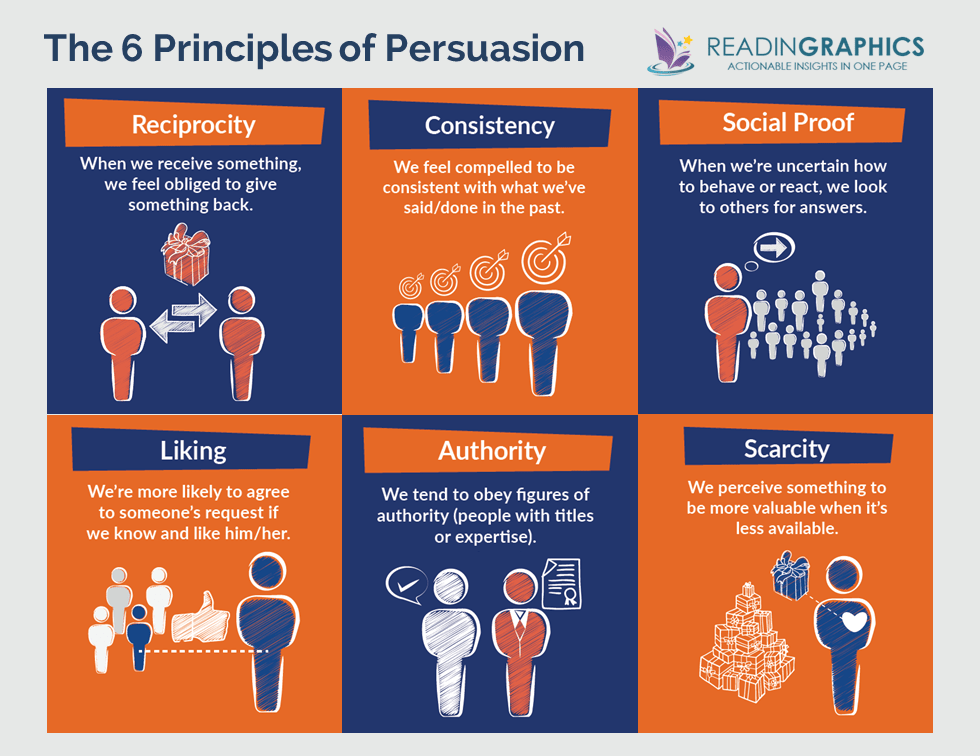
The Psychology of Persuasion in Marketing
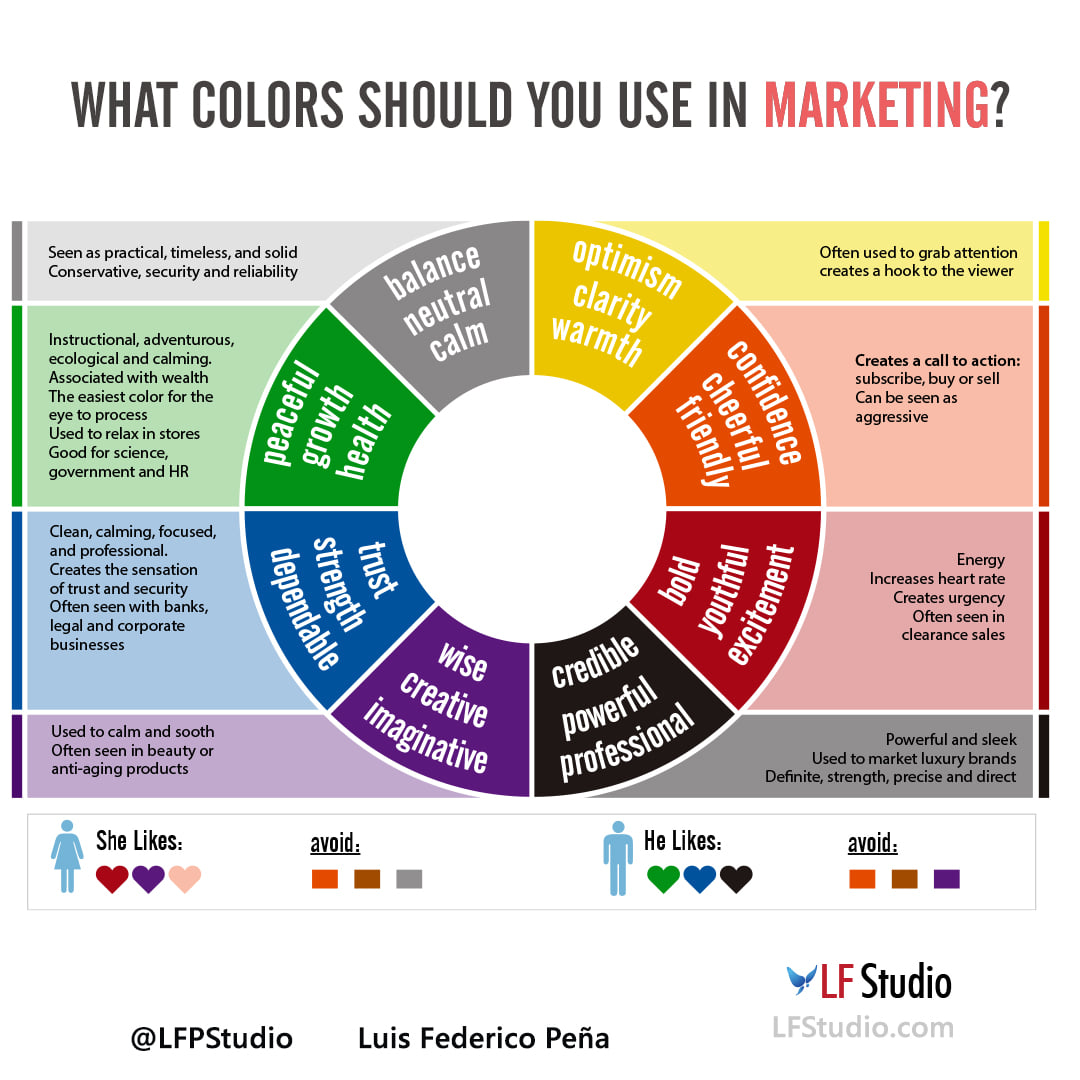
The Influence of Colors on Branding and Marketing Psychology








